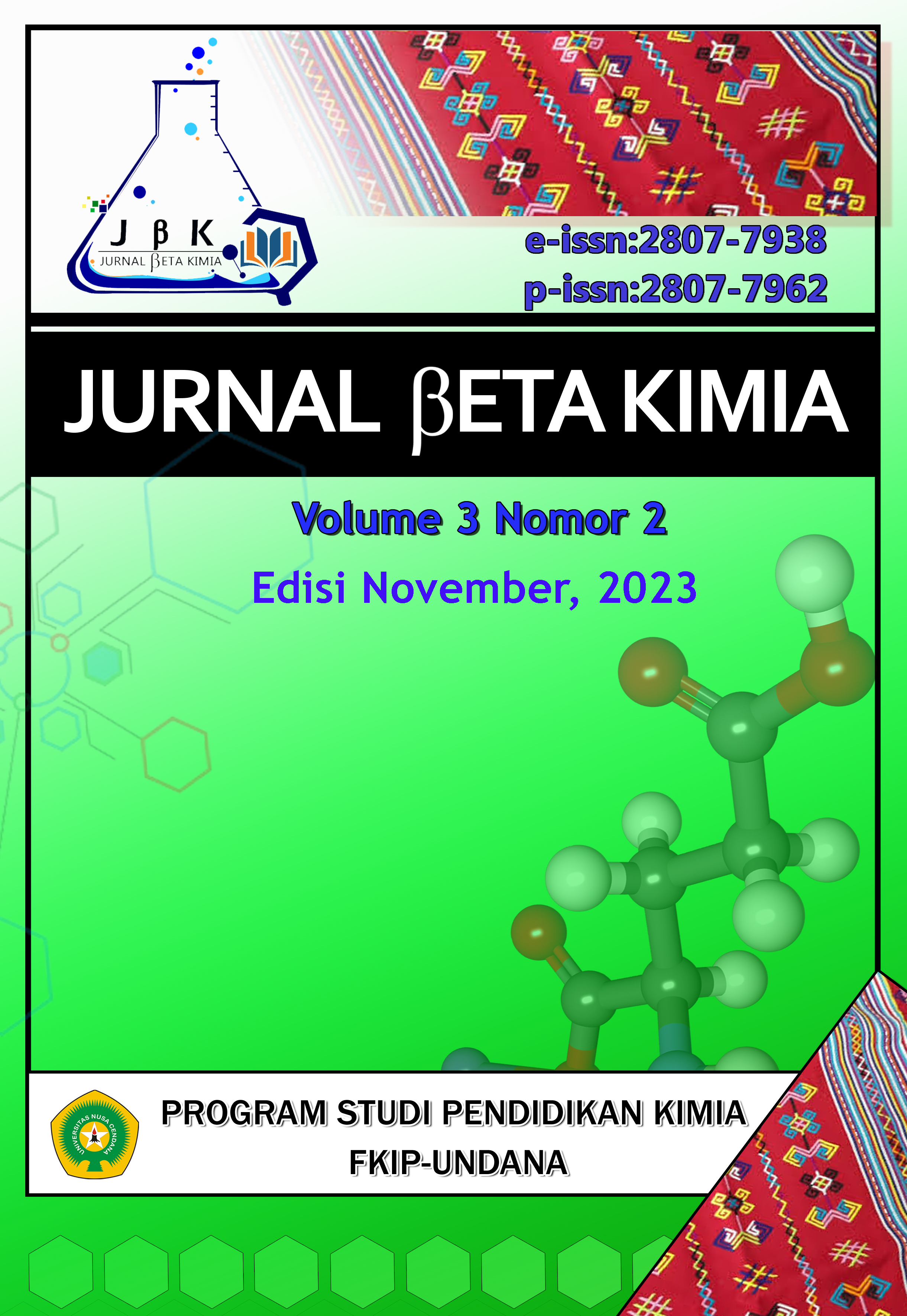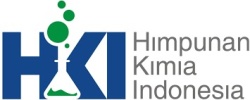Etnokimia Pada Kain Tenun Songke Asal Desa Kakor Kecamatan Lembor Selatan Kabupaten Manggarai Barat, Nusa Tenggara Timur
Abstract
The study of chemistry from a cultural standpoint is known as ethnochemistry. If it is used in the learning process, it could improve students' accomplishment and retention in chemistry. Because learners knowledge originates from their own culture. However, the application of culture-based chemistry learning has problems integrating culture with chemistry materials. This is also Relevant with Kakor Village, in South Lembor Sub-district, West Manggarai Regency. So a study was conducted with the aim of examining the chemistry that exists in local cultural products, one of which is songke woven fabric. The research design used is qualitative with an ethnographic approach. The instruments used are observation, interviews and documentation that have been verified. The triangulation methodology was used to confirm the data, and then examined qualitatively, which has three stages: reduction, data presentation, and conclusions. The results demonstrate that chemistry plays a role in the production of songke woven fabric, namely in the phases of the yarn dyeing process when it comes to reaction rates, acid-base balance, and chemical bonding.
Downloads
 This work is licensed under a Creative Commons Attribution-ShareAlike 4.0 International License. Copyright is retained by the authors, and articles can be freely used and distributed by others.
This work is licensed under a Creative Commons Attribution-ShareAlike 4.0 International License. Copyright is retained by the authors, and articles can be freely used and distributed by others.

 Arvinda Ceniorita Lalang(1*)
Arvinda Ceniorita Lalang(1*)












